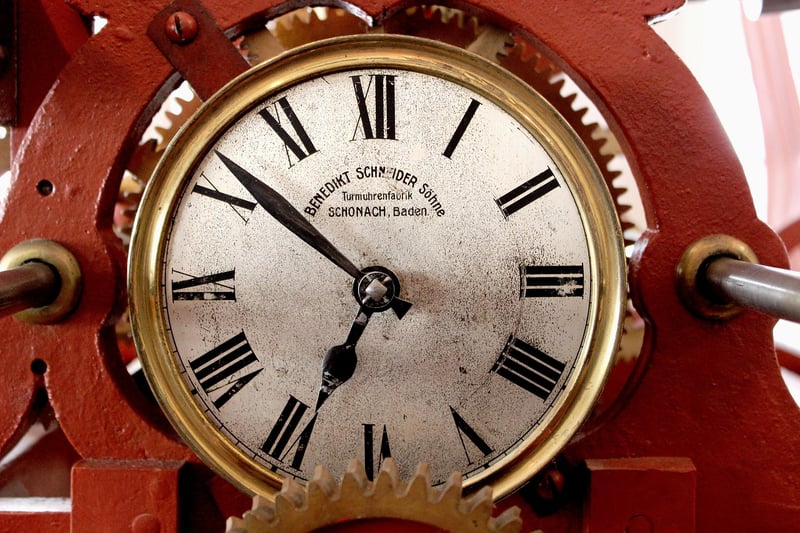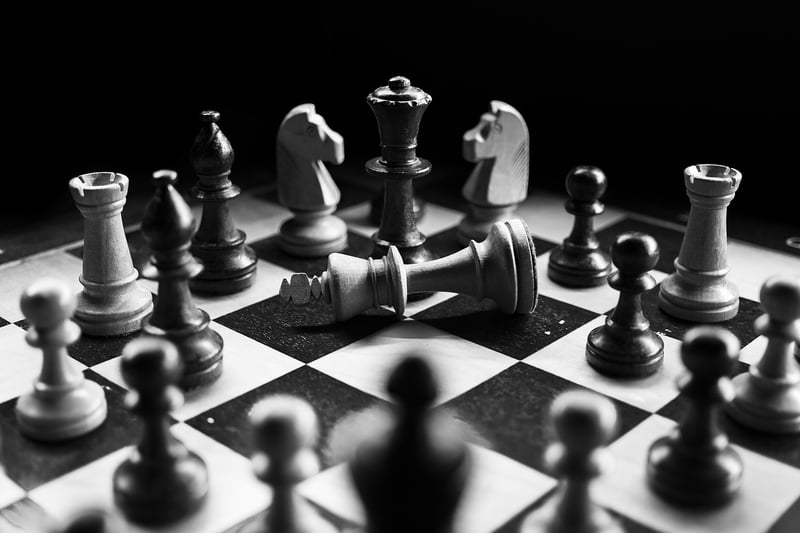Alteration Dilemmas
The Moral Implications of Time Travel and Alteration Dilemmas
Time travel has been a popular concept in science fiction for decades, captivating audiences with the idea of journeying through time to witness historical events or alter the course of the future. While time travel remains a theoretical possibility, exploring the moral implications of such a technology raises significant ethical dilemmas.
1. Altering Historical Events
One of the most pressing moral dilemmas of time travel is the temptation to alter past events for personal gain or to prevent tragedies. While the idea of stopping calamities like wars or natural disasters may seem noble, the unintended consequences of such alterations could be catastrophic. Changing the past could lead to a ripple effect, altering the present in ways we cannot predict.
2. Ethical Responsibility
Time travelers would face a moral responsibility to use their knowledge and abilities for the greater good rather than personal gain. The ethical implications of interfering with the natural course of history raise questions about the balance between individual choice and the collective good.
3. Paradoxes and Causality
The concept of causality, where an event is the result of a previous cause, becomes infinitely more complex in a world with time travel. Paradoxes like the grandfather paradox, where a time traveler prevents their own existence by altering the past, highlight the moral quandaries inherent in altering the timeline.
4. Respect for Different Cultures and Timelines
Time travelers must also consider the implications of imposing their values and beliefs on past civilizations. Interfering with historical cultures or events could have far-reaching consequences on the development of societies and the course of human history.
5. Preserving the Integrity of Time
Preserving the integrity of time and respecting the natural flow of events is a crucial moral consideration for time travelers. The desire to correct past mistakes or change the future must be weighed against the potential harm and chaos that could result from altering the timeline.
Conclusion
While the idea of time travel sparks the imagination and offers endless possibilities, the moral implications of altering the past or future are profound. Time travelers would face complex ethical dilemmas that require careful consideration of the consequences of their actions on individuals, societies, and the fabric of time itself.

Exploring the moral implications of time travel and alteration dilemmas challenges us to reflect on our values, responsibilities, and the impact of our actions across time and space.
